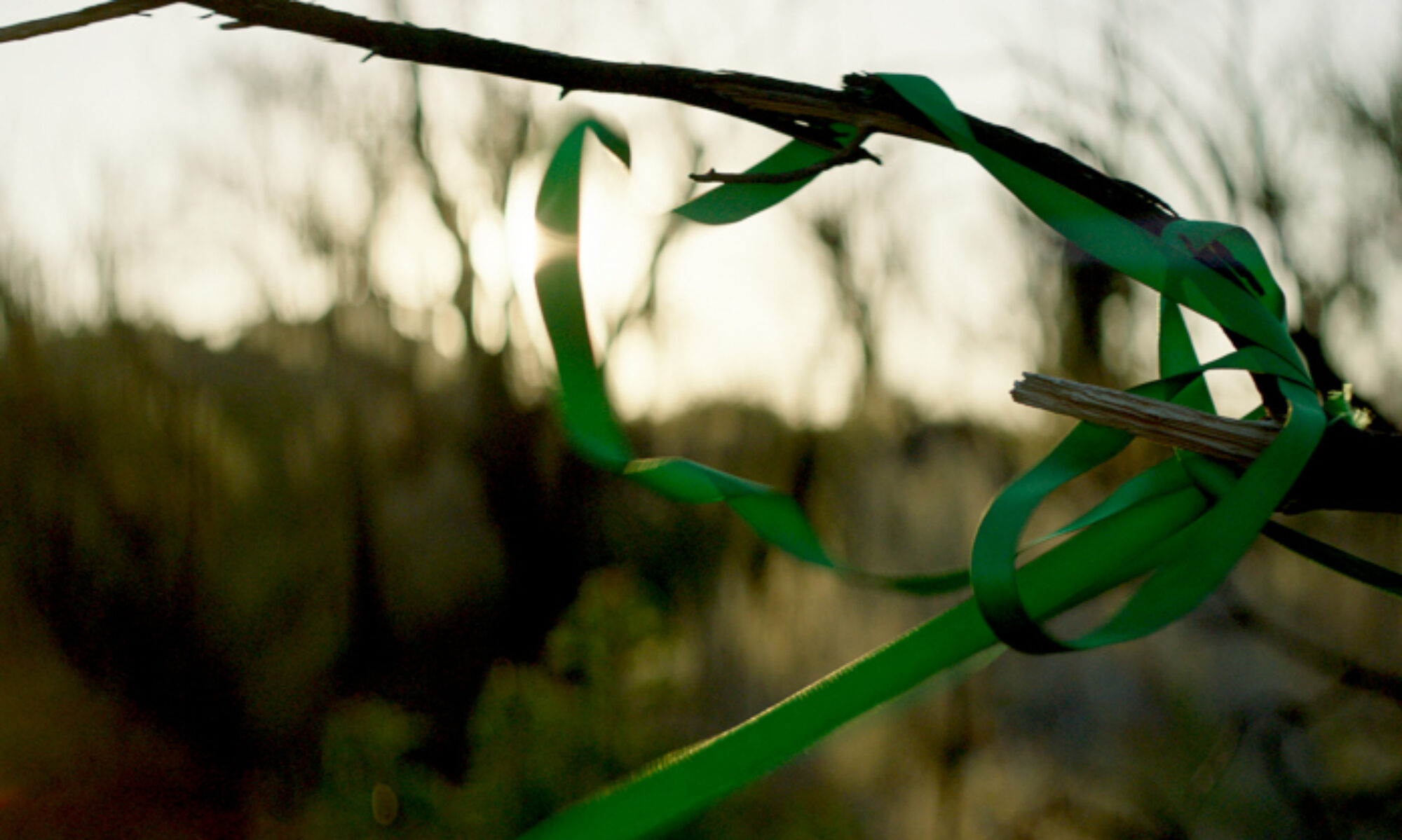
What would the dust of Afghanistan sound like if it were music? How is a burqa transformed into canvas through oil paint? What stories do a pair of shoes recount in the aftermath of displacement? These questions are explored in an unprecedented showcase of art, writing, film, and scholarship entitled, Fragmented Futures: Afghanistan 100 Years Later, opening at ReflectSpace Gallery on November 16, 2019.
Co-sponsored by The Afghan American Artists & Writers Association, Fragmented Futures will run from November 16, 2019 through January 12, 2020, and is co-curated by Gazelle Samizay and Helena Zeweri of AAAWA and Ara & Anahid Oshagan.
The year 2019 marks the centennial of some of the first attempts to engineer a “modern Afghan state” following the third Anglo-Afghan War in 1919. Attempts by foreign powers to incorporate Afghanistan into the economic and political life of the international community had mixed results for the country and its people. Political upheaval was accompanied by the development of progressive agendas around gender equality, civic life, and the media. In the words of photographer Rafi Samizay, “The result of so many invasions and foreign occupations is a culture made of a patchwork of contradictory traits…Traces of the past remain in every citizen and in the physical environment. It is precisely these residual paradoxes that mirror the mixed historic legacy.” Using the centennial as a guiding theme, Fragmented Futures seeks to address the ongoing consequences of foreign intervention, which are key to understanding Afghanistan’s current struggles to be self-sufficient.
The exhibit expands the conversation beyond depictions of Afghanistan and its diaspora as either simply victims of imperial agendas or completely independent of them. Rather, Fragmented Futures sheds light on how people’s everyday aspirations were interrupted, transformed, and reborn in both the diaspora and in an ever-changing Afghanistan. This is illustrated in Yusuf Misdaq’s installation, as “ghostly voices of youth from the past echo through in the form of spliced and affected spoken-word interviews.”
Several artists and writers have been invited to contribute to a zine created especially for the exhibit, bringing together art, short stories, essays, poetry, and scholarship. The zine serves as a unique creative artifact illustrating the vibrant public life and community building that takes place in the Afghan diaspora, while the exhibit as a whole critically engages with the ongoing legacies of empire and war in the Afghan community.
Artists and Writers
The artists in Fragmented Futures exhibition: Elyas Alavi, Fazila Amiri, Hangama Amiri, Farhad Azad, Sabrina Barekzai, Muheb Esmat, Shiraz Fazli, Zuhal Feraidon, Johanna-Maria Fritz, Mariam Ghani, Shamsia Hassani, Reza Hazare, Jim Huylebroek, Yusuf Misdaq, Aman Mojadidi, Sahar Muradi, Laimah Osman, Sara Rezaie, Gazelle Samizay, Rafi Samizay, and Samea Shanori.
Writers and artists in Fragmented Futures zine: Leeza Ahmady, Arash Azizzada, Mojib Ghaznawi, Mehdia Hassan, Brian Higbee, Seelai Karzai, Hanna Kherzai, Jamil Kochai, Omar Mizdaq, Deeva Momand, Neda Olomi, Mohammad Sabir Sabir, Susan Saleh, Malahat Zhobin, Sara Zhobin, and Wazina Zondon.
About AAAWA
The Afghan American Artists & Writers Association is a North American-based Afghan women-led collective that aims to give artists and writers in the Afghan diaspora a platform to feature their work to a broad audience through community forums, exhibitions, creative workshops, and public commentaries. AAAWA seeks to amplify work that critically engages mainstream U.S. discourses around Afghanistan, where Afghan voices are either routinely ignored or reduced to cultural tropes.
About ReflectSpace
ReflectSpace is an inclusive exhibition gallery designed to explore and reflect on major human atrocities, genocides, civil rights violations, and other social injusticies. Immersive in conception, ReflectSpace is a hybrid space that is both experiential and informative, employing art, technology, and interactive media to reflect on the past and present of Glendale’s communal fabric and interrogate current-day global human rights issues.
About Library Arts & Culture
Glendale’s Library, Arts & Culture Department began in 1907 and includes six neighborhood libraries as well as the Brand Library & Art Center, housed in the historic 1904 mansion of Glendale pioneer Leslie C. Brand, and the Central Library, a 93,000 square foot center for studying, learning and gathering. For more information call Library, Arts & Culture at 818-548-2030 or see the website www.GlendaleLAC.org.
###
Exhibition Dates Nov 16, 2019 – Jan 12, 2020
Address 222 E. Harvard Street, Glendale, CA 91205
Opening Reception Saturday, November 16, 2019 5-7 pm (featuring live musical performance and reading)
Closing, film & Panel Discussion Sunday, January 12, 2020, 4-6 pm (featuring Mariam Ghani’s What We Left Unfinished and Fazila Amiri’s “Unknown Artist”)
@myglendaleLAC
#myglendaleLAC
www.GlendaleLAC.org
@aaawa_art
www.aaawa.net
#Afghanistan100yearslater
#AfghanCentennial
#FragmentedFutures
#Afghandiaspora
#Afghanart
#contemporaryart
#fineart

